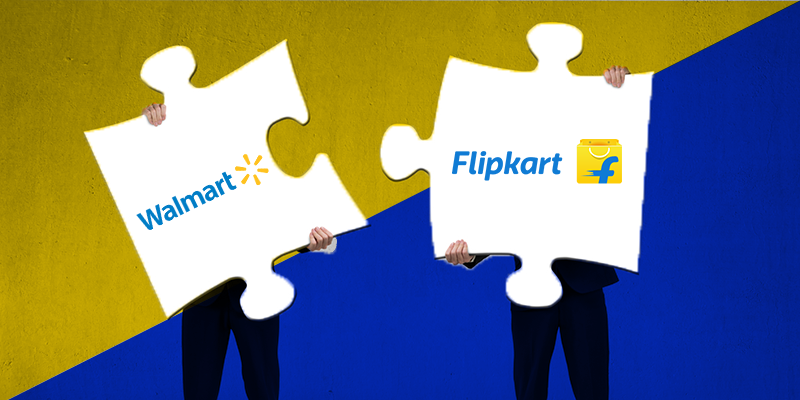New Delhi: Walmart believes Flipkart’s “ecosystem” of businesses, including Myntra-Jabong and PhonePe which are part of its mega $16 billion deal with the Indian company, could be a “true advantage” for the US-based retail giant.
Judith McKenna, executive VP, president and CEO of Walmart International, on a recent investor call has said the e-commerce market in India, while it is still nascent at 2% penetration, is forecast to grow rapidly. “… what’s really unusual about Flipkart is that it’s not just an e-commerce retailer. What we’re really interested in as we’ve got to understand this business better is it’s actually creating a platform, an ecosystem, if you like, of operating within that market. And we think that’s one of the areas that gives it a true advantage,” she said.
The executive emphasised that Walmart is also looking at taking its learnings “from this business back into other businesses around the world”.
In May, Walmart had signed a blockbuster deal with Flipkart (registered in Singapore) under which the American retailer will pick up about 77% stake for about $16 billion. The transaction is now awaiting approval from the Competition Commission of India (CCI).
Walmart expects the deal to close later this calendar year, subject to regulatory approvals. Various trader bodies in India have opposed the deal alleging violation of foreign direct investment (FDI) norms as foreign companies are not allowed to operate in multi-brand retail in the country yet.
The American retailer, which has cash-and carry operations (B2B) in India, has clarified that its business will continue to operate separately from Flipkart (which has a marketplace model) but leverage the combined strengths of both the companies. India allows 100% FDI in the e-commerce via marketplace model.
McKenna explained that while Flipkart’s general merchandise site is by far the biggest part of the business, there are other growing businesses like Myntra and Jabong as well. “…there’s Myntra and Jabong. And Myntra and Jabong are apparel, clothing retailers. They’re really interesting in the speed they’re growing at and the mix that they provide with the overall e-commerce business as well,” she said.
McKenna also highlighted the strength of eKart, the logistics arm of the Bengaluru-based company. “You’ve got an infrastructure part, which is eKart…It (eKart) operates over 800 cities already. It is about 0.5 million deliveries a year, but it’s unique to Flipkart, that it’s got its own logistics network that sits behind the trading platform that it’s got,” she said.
McKenna said while the primary function of PhonePe (a part of Flipkart) is to facilitate payments within the Flipkart group, but it also allows users to pay outside the Flipkart ecosystem as it is “open system”.
“And it’s linked with banks in India as well. And as India is digitising and the ability to make mobile payment is increasing all the time. This enables PhonePe not only to connect more broadly across India, but it also helps a huge amount of personalisation back into the total and helps drive the e-commerce business as well,” she said.
Walmart Inc. president, CEO and director Douglas McMillon also highlighted the strengths of Flipkart in the Indian market. “…look at e-commerce growth in the (Indian) market, and then you start to understand that Flipkart has a strong management team. They built out an ecosystem… it’s not just a pure e-commerce business, but there are complementary platforms within that business. We are excited about learning, in an emerging market, what that can mean for us over time, and we’ll use that learning around the world,” he said.




